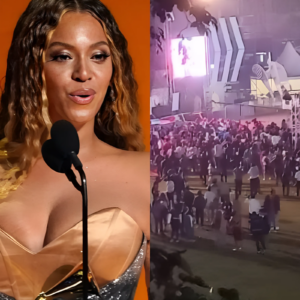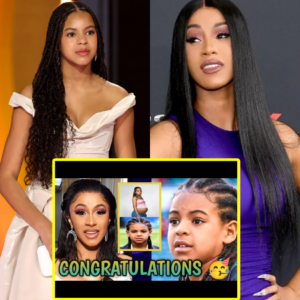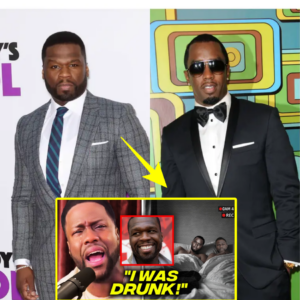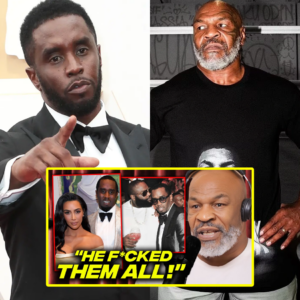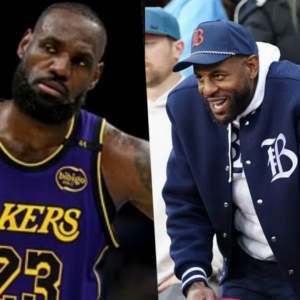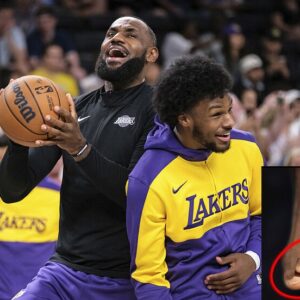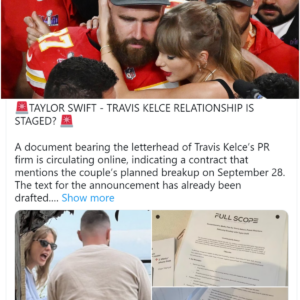In a recent development, the controversy surrounding Saucy Santana seems far from abating, with new alleged tweets surfacing from 2018. The saga began when Santana faced intense scrutiny for derogatory comments about Beyoncé’s daughter, Blue Ivy, in tweets dated back to 2014. Despite the public outcry, Santana remained defiant, refusing to apologize and dismissing attempts to cancel him.
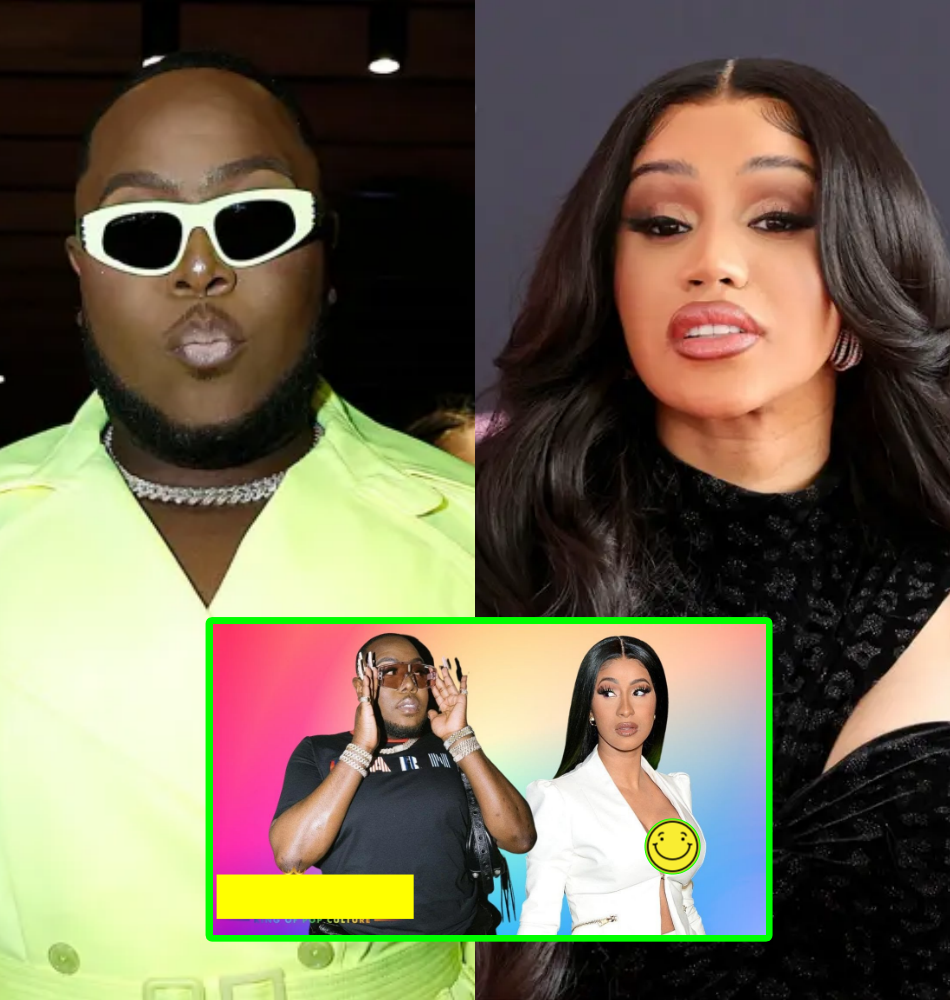
The latest wave of criticism comes in response to alleged tweets targeting Cardi B and her unborn child. Dated April and June of 2018, these tweets, if genuine, suggest disturbing remarks regarding Cardi’s pregnancy. One tweet purportedly advises Cardi to abort her baby, while another predicts the child will be “funny looking.” Such callous comments have understandably triggered outrage among fans and observers alike.
The resurgence of these tweets has reignited debates about accountability, celebrity behavior, and the limits of free speech. Many question why individuals, especially public figures, feel compelled to make disparaging remarks about innocent children. While some may argue for freedom of expression, there’s a consensus that targeting minors crosses a moral boundary that should be universally recognized and respected.
Moreover, the timing of these revelations adds another layer of complexity to Santana’s predicament. With the music industry increasingly sensitive to social issues and public perception, artists like Santana face heightened scrutiny over past actions and statements. In an era of instant digital access and relentless social media scrutiny, the consequences of one’s words can be swift and unforgiving.
Santana’s situation underscores the broader challenges facing artists navigating the volatile landscape of public opinion. While some may condemn him outright, others may advocate for redemption and personal growth. Regardless of where one stands, it’s evident that Santana’s future hinges on how he chooses to address these controversies and reconcile with those he’s offended.
As the discourse unfolds, it’s imperative to maintain a nuanced perspective, acknowledging both the severity of the offense and the potential for genuine remorse and transformation. Only through open dialogue and constructive engagement can individuals and communities move forward from such divisive incidents, fostering a culture of accountability and empathy in the process.
News
Diddy LEAKS Disturbing FOOTAGE Of Beyonce & Jay Z | New EVIDENCE Revealed
The unfolding drama involving Diddy, Jay-Z, and Beyoncé has captivated audiences worldwide. Allegations of scandalous tapes, federal raids, and personal vendettas have dominated headlines, leaving fans shocked…
Tiffany Haddish SHADES Jennifer Hudson For Stealing Common From Her
Tiffany Haddish is making it abundantly clear that she’s not thrilled about comments on new relationship with Jennifer Hudson. She threw some major shade at Jennifer, hinting…
Breaking: Beyoncé’s “Cowboy Carter” Tour Sees Lackluster Ticket Sales, “Only 1500 So Far”
In a surprising twist of fate, Beyoncé’s highly anticipated “Cowboy Carter” tour has encountered a lackluster start, with only 1500 tickets sold for its opening night. This…
“Blue ivy is pregnant” Cardi b Exposed truth about the pregnancy on live TV show says CONGRATS
Welcome to CB Gossip, your go-to source for all the juiciest entertainment news. Don’t forget to hit that subscribe button and ring the bell for more updates….
Kevin Hart FREAKS OUT As 50 Cent LEAKS New Video Of Him & Diddy..
Absolutely, let’s delve deeper into these issues. It seems like there’s a plethora of speculation and rumors surrounding celebrities and their connections to Diddy’s controversial activities. From…
Mike Tyson EXPOSES Members Of Diddy’s S3X CULT..
Unveiling Diddy’s Troubles: A Deep Dive into Allegations and Controversies In recent years, Sean “Diddy” Combs, the rap mogul and entrepreneur, has found himself embroiled in a…
End of content
No more pages to load


